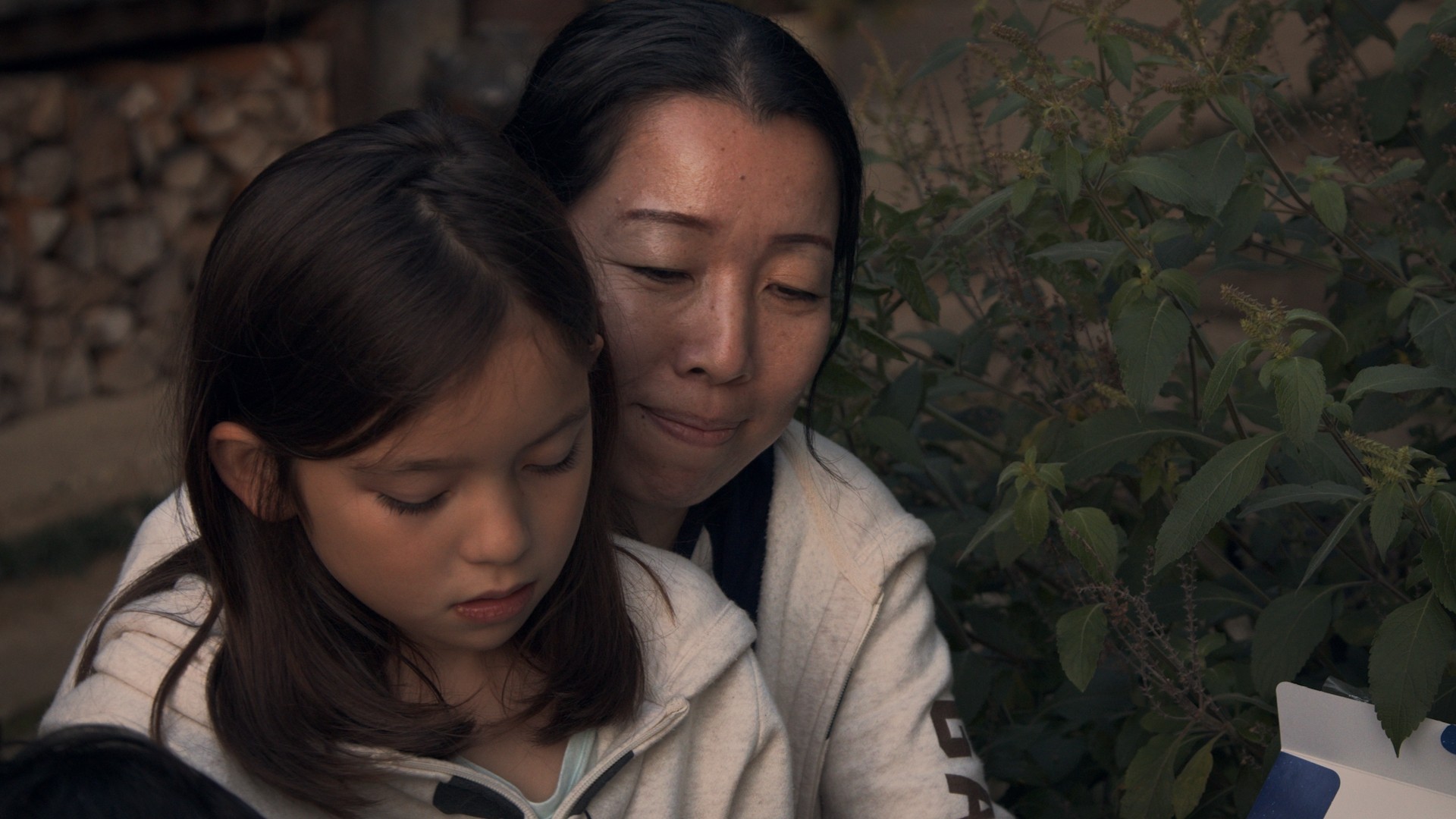Japanese real estate companies are finding quicker ways to find i people who died alone. Photo: Getty Image
There are three things Toru Koremura must clean when someone dies alone: the deceased’s bodily fluids, valuables and the smell. Though the decaying stains and nagging stench are difficult to scrub out of porous walls, to him, what lingers most is the dead’s loose ends to life on earth. Watching how easily cluttered homes—once filled with a person’s soul—could be scrubbed pristine, he worries about the forgotten. “When we clean the homes of people with no families, there’s no one to remember them. It’s almost as if they weren’t alive,” he told VICE World News.  Once cleaned, these homes carry the unprofitable and stigmatized label of jiko bukken, a property where someone has died. Landlords are required to inform new tenants whether they’re looking at such property, which not only brings down its value, but also makes it extremely difficult to fill. Japan’s increasingly aging and single population has intensified this problem for real estate companies, inclining them to reject older tenants in fear realtors would bear the cost of cleanup – especially because of a rising phenomenon of older people dying alone and being undiscovered for a long time, widely known as lonely deaths.In Tokyo alone, there were 5,513 lonely deaths in 2018, nearly six times the number of confirmed murders for the entire country. According to Suumo, a prominent Japanese real estate company, the prices of properties where someone died a natural or lonely death decrease by 10 to 20 percent, 30 percent for suicides and about 50 percent for murders and other crimes. But on Sunday, the Japanese government under its Ministry of Land, Infrastructure, Transport and Tourism released new guidelines defining when realtors should inform new tenants of such properties, a first for the industry. Real estate agents are not required to notify new tenants of natural deaths on the property, nor must they inform them of lonely death cleanups if it happened over three years ago. According to Mitsunori Ishida, a professor at Waseda University who’s studied lonely deaths, the phenomenon’s societal impact only started being widely discussed 10 years ago. Following the 1995 Great Hanshin earthquake, there were rumors that people died lonely deaths in emergency shelters. “But that was seen as an exceptional example, because it happened in those shelters. Yet in the 2000s, when more people were dying lonely deaths in public housing complexes, people started seeing it as an issue,” he told VICE World News. “Being alone is respected here; it’s seen as an obvious right. But if that aloneness would result in a lonely death, or whether they’re just choosing to be alone, is difficult to say. It’s left up to the individual,” he said. Once residents do die alone however, residential buildings want to be able to know right away, to prevent the body from decomposing, and avoid a costlier and more difficult cleanup.To solve this, companies are now installing monitoring AI services and motion sensors inside older people’s homes, which can detect when occupants are no longer moving.R65 inc., a Japanese real estate agency that specifically helps those 65 and above find homes, offers such services. With its “Reassuring Watch Package,” the company installs an AI tool that records a resident’s electricity use and monitors for any abnormalities, which would indicate someone may have died. If such irregularity is detected for more than 20 hours, an automated voice call contacts residents. If they don’t answer, then an email is sent to the landlord or the realtor in charge of the property. According to the company’s founder, Ryo Yamamoto, using AI to track electricity use means it isn’t invasive and protects one’s privacy, a contentious issue for many of his customers. “We’ve had some people ask whether the technology even works, because it’s so subtle and unintrusive,” he told VICE World News. Tokyo Gas, the primary gas and electric provider for the capital and nearby cities, has installed similar technologies, with plans to install sensors in over 70,000 houses starting this December. But the technology isn’t just beneficial for companies and real-estate developers. Yamamoto said their older customers have expressed not wanting to be a burden after death. Then there’s also the dignity of being found before decomposition, with many, he said, preferring to look like they’re still sleeping when they are discovered. “Rather than being afraid of dying a lonely death, our customers said they were more concerned about being found quickly, or in good condition, when they die,” he said. Follow Hanako Montgomery on Twitter and Instagram.
Once cleaned, these homes carry the unprofitable and stigmatized label of jiko bukken, a property where someone has died. Landlords are required to inform new tenants whether they’re looking at such property, which not only brings down its value, but also makes it extremely difficult to fill. Japan’s increasingly aging and single population has intensified this problem for real estate companies, inclining them to reject older tenants in fear realtors would bear the cost of cleanup – especially because of a rising phenomenon of older people dying alone and being undiscovered for a long time, widely known as lonely deaths.In Tokyo alone, there were 5,513 lonely deaths in 2018, nearly six times the number of confirmed murders for the entire country. According to Suumo, a prominent Japanese real estate company, the prices of properties where someone died a natural or lonely death decrease by 10 to 20 percent, 30 percent for suicides and about 50 percent for murders and other crimes. But on Sunday, the Japanese government under its Ministry of Land, Infrastructure, Transport and Tourism released new guidelines defining when realtors should inform new tenants of such properties, a first for the industry. Real estate agents are not required to notify new tenants of natural deaths on the property, nor must they inform them of lonely death cleanups if it happened over three years ago. According to Mitsunori Ishida, a professor at Waseda University who’s studied lonely deaths, the phenomenon’s societal impact only started being widely discussed 10 years ago. Following the 1995 Great Hanshin earthquake, there were rumors that people died lonely deaths in emergency shelters. “But that was seen as an exceptional example, because it happened in those shelters. Yet in the 2000s, when more people were dying lonely deaths in public housing complexes, people started seeing it as an issue,” he told VICE World News. “Being alone is respected here; it’s seen as an obvious right. But if that aloneness would result in a lonely death, or whether they’re just choosing to be alone, is difficult to say. It’s left up to the individual,” he said. Once residents do die alone however, residential buildings want to be able to know right away, to prevent the body from decomposing, and avoid a costlier and more difficult cleanup.To solve this, companies are now installing monitoring AI services and motion sensors inside older people’s homes, which can detect when occupants are no longer moving.R65 inc., a Japanese real estate agency that specifically helps those 65 and above find homes, offers such services. With its “Reassuring Watch Package,” the company installs an AI tool that records a resident’s electricity use and monitors for any abnormalities, which would indicate someone may have died. If such irregularity is detected for more than 20 hours, an automated voice call contacts residents. If they don’t answer, then an email is sent to the landlord or the realtor in charge of the property. According to the company’s founder, Ryo Yamamoto, using AI to track electricity use means it isn’t invasive and protects one’s privacy, a contentious issue for many of his customers. “We’ve had some people ask whether the technology even works, because it’s so subtle and unintrusive,” he told VICE World News. Tokyo Gas, the primary gas and electric provider for the capital and nearby cities, has installed similar technologies, with plans to install sensors in over 70,000 houses starting this December. But the technology isn’t just beneficial for companies and real-estate developers. Yamamoto said their older customers have expressed not wanting to be a burden after death. Then there’s also the dignity of being found before decomposition, with many, he said, preferring to look like they’re still sleeping when they are discovered. “Rather than being afraid of dying a lonely death, our customers said they were more concerned about being found quickly, or in good condition, when they die,” he said. Follow Hanako Montgomery on Twitter and Instagram.
Advertisement

Advertisement
Advertisement
